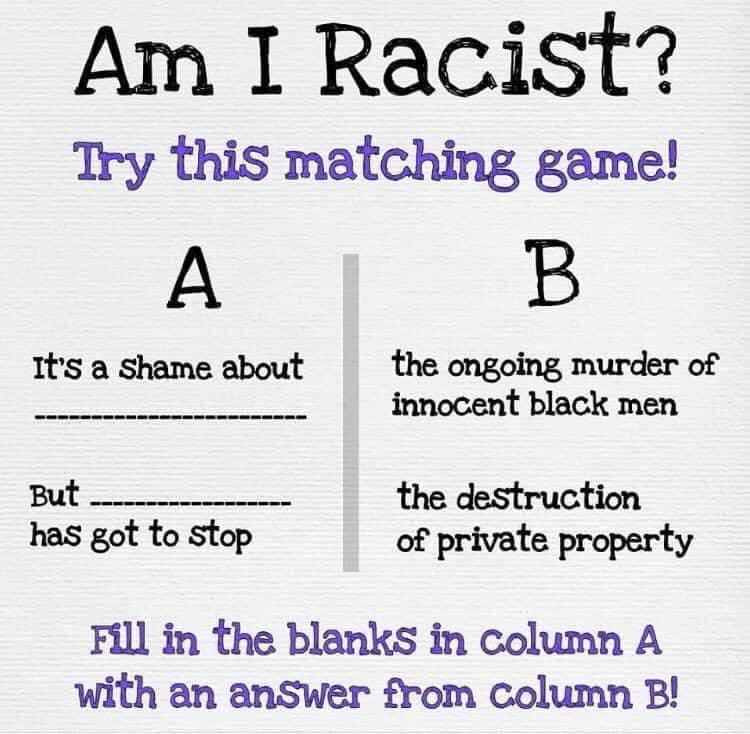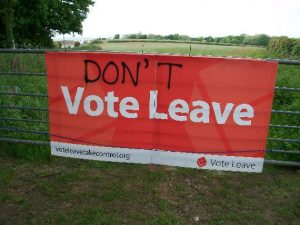There’s no such thing as a free lunch. Everything has to be paid for somewhere, somehow. TikTok, Twitter, Instagram, Facebook, Google, none of these are free. If you’re not paying with money, you’re paying some other how.
“Look,” someone inevitably interjects at this point, “if Facebook wants to analyse my ‘likes’ and show me adverts for camera lenses I’m fine with that.”
I think most people would be OK with that. That’s not what they’re doing. This isn’t an exposé of Facebook however, that’s been done. Even if we hadn’t consciously surfaced it we all knew Facebook was evil.
The others are alright though, surely? I mean Twitter just show you a few sponsored tweets, right?
One of the great advantages of social media advertising is that it’s possible to tell exactly how many times an advert is shown to users. The more the advert is shown, the more money Twitter makes. So, by extension, the more time you spend on Twitter, the more adverts you are shown, the more Twitter makes.
Most of these “free” social media platforms started off just showing you the latest updates from your network, in time order. Have you noticed how hard they’re all trying not to do that now?
It’s because they’re profiling you. They’re recording what you interact with, what you open, what you scroll past and combining that with other tracking data so they can doctor your timeline. They want to show you the stuff that’s most likely to keep you engaged, most likely to get you to view adverts.
One of the unfortunate side effects of this can be explained by looking at headlines in the media, because newspapers been doing it for centuries. We love sensation, we love controversy. The result is that the algorithms that manage our timelines are ever searching for more extreme content, more sensation, more controversy.
That’s why Twitter is such a hellscape of political extremism, it’s because the most extreme, the most controversial, the most sensational views are getting shoved in our faces by their algorithms. If you mutter “dimwit” to yourself and scroll past something they’re not making any money. If it makes you angry and you fire off an angry response that makes other people respond angrily, they’re driving engagement and driving up their advertising revenue.
Nobody’s being consciously evil here, it’s just artificial intelligence (AI) working out what presses your buttons and manipulating what you see to do it more, all in the name of keeping you engaged so you view more adverts. It’s just unfortunate that the result is profoundly unhealthy, both for you and for society.
How do you escape? The obvious way is to pay directly for the services and the content you consume.
Up until comparatively recently there have been limited options here. In 2010, when I started this blog, paying to host a blog was pretty much your only option. Now the field is expanding fast.
The Fediverse might turn out to be significant. It’s a project supported by the software development community and (mainly) paid for by voluntary contributions. The whole idea is to create a system for interconnections that’s robust, but also that nobody can own. Sure, people can and do own individual servers, perhaps even systems, but not the whole ball game. If you’re in the Fediverse, you have to play nicely with other servers and other systems or you’ll not be in the Fediverse any more.
Don’t get me wrong, the Fediverse has problems, it has to evolve and to continue to evolve. If it can do it and maintain its purpose and its integrity it might define the next epoch of social media. Maybe. It seems we’ve said that a lot and very few things ever do break through into the maintstream.

Unless you’ve been living in a cupboard, however, you’ll have heard of the Fediverse app Mastodon; primarily because it’s very much like Twitter. It’s not a drop in replacement, there are differences, some of which are by design. Every Mastodon server has to be funded somehow. Some are actually free, run by generous people or businesses. Others (e.g. mastodon.org.uk) rely on contributions from the users, usually through Patreon or some other, similar mechanism.
That’s a neat segue. Patreon is one of a bunch of what are essentially subscription management services, they provide a platform for smaller producers to get paid for what they produce. The advantage, other than actually paying them (comparatively) fairly, is that the producers don’t have to game the content manipulation algorithms for advertising funded services nearly as much. Clearly you have to find them somehow, but it means they only have to compete in the clickbait leagues with a small percentage of their output. They can do deep cuts.
For me, none of this is quite landing where I want it, but I wonder if it ever can. Wherever you sit, there has to be a compromise. Some people will always be happy with advertising funded social media, no matter how unhealthy that might be for them personally or for society as a whole. Free to use social media will also, always have a place in carrying the stories of poorer folk and poorer regions, as well as raising awareness and documenting what goes on in war zones and under oppressive regimes.
I’m not sure there’s any single right answer, but if there’s a wrong answer it’s to have an oligopoly of tech giants abusing people’s personal data and rigging their content – at any cost to them or society – to manipulate people into viewing more adverts.
The key, in whatever form it takes, will come from diversity and cooperation.





